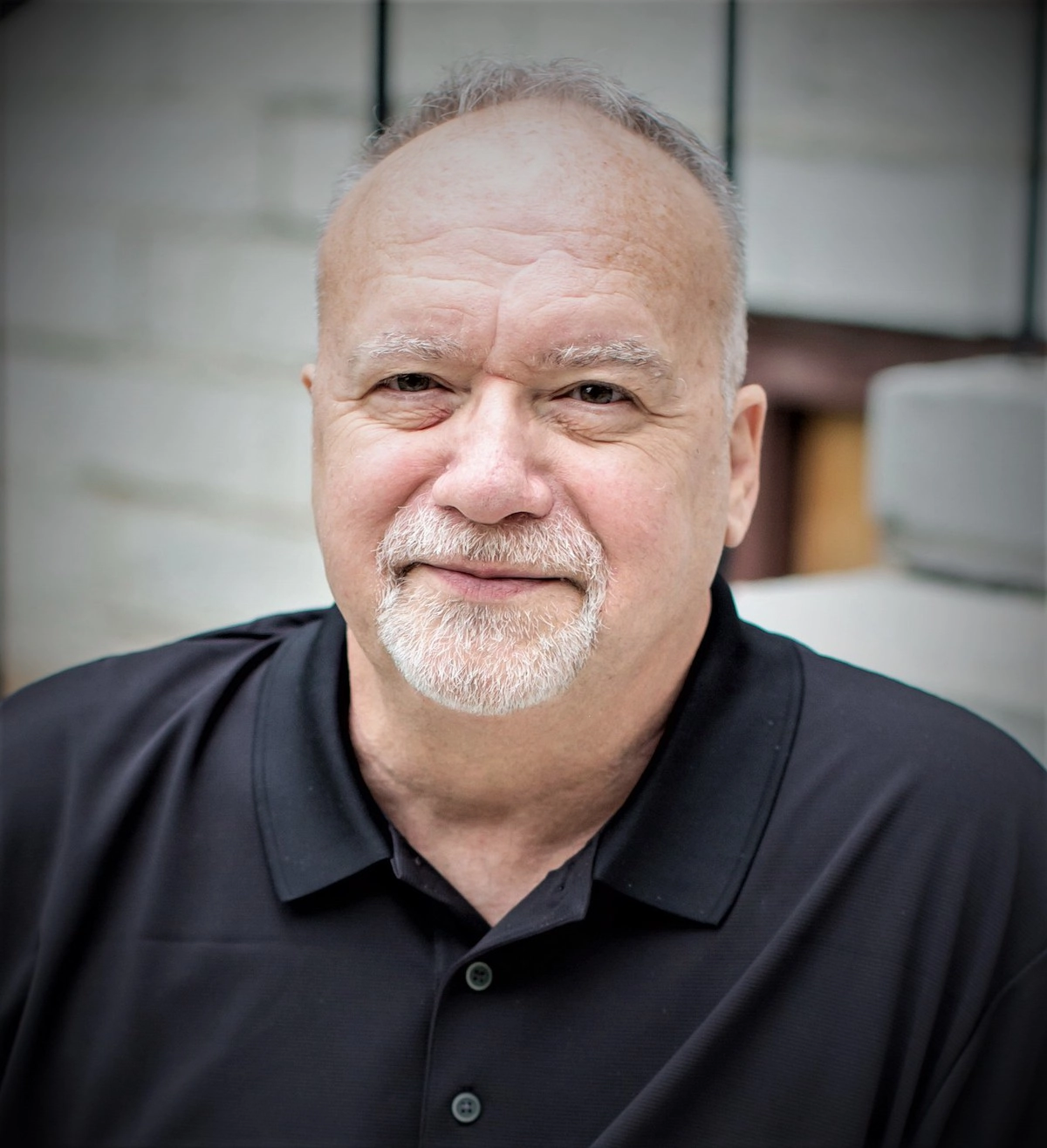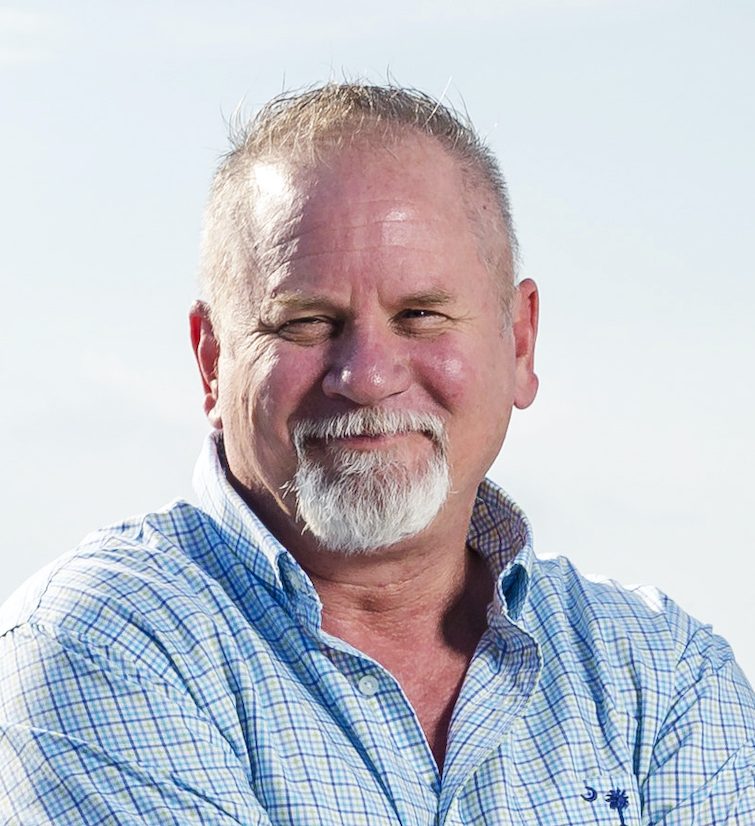By Scott Graber
It is Friday afternoon and two men — old men — are sitting in the open-air dining area behind Blackstone’s Cafe in downtown Beaufort. They are eating, talking loudly so they can hear each other, and one might suppose they are discussing golf, macular degeneration or grandchildren.
But if one chooses to get themselves a little closer to the poached eggs and hash browns, one would hear the terms Aegis, Defense Intelligence Agency or, perhaps, the Anti-Ballistic Missile Treaty of 1972. If one really leans into the conversation one will correctly conclude that these two curmudgeons are talking about the Cuban Missile Crisis in 1962.
“In July 1962 I was detailed to brief the Joint Chiefs in the Pentagon,” Charlie Davis says to me as he drinks the last of his coffee. “I had some U-2 photographs, taken over Cuba, and was showing them to the admirals and generals sitting around the table. ‘It is the opinion of our photo interpreters,’ I said to the grim-faced men around the table, ‘that these truck trailers are designed to carry telephone poles. However, there is a minority opinion — that these trailers are designed to carry surface to air missiles. Missiles that will protect larger, medium and intermediate range ballistic missiles.’
“Curtis LeMay, Chairman of the Chiefs, jumped out of his chair, ran up to me and yelled, ‘What the hell did you say young man?’ all the while punching my chest with a cigar-stained index finger,” Charlie continued.
Soon — in October 1962 — the “minority opinion” became reality as more photos showed the larger ballistic missiles aboard ships on their way to Cuba. And this was the opinion that was taken to the Kennedy White House where, for 13 days, President John F. Kennedy and Nikita Khrushchev flirted with the notion of a nuclear war.
“The confrontation was resolved when the Soviets took the anti-aircraft missiles back to Russia,” Charlie tells me. “And then they turned their ships around and took the bigger ballistic missiles home, too. For our part we agreed to take our medium-range (ballistic) missiles out of Turkey,”
I’m getting Charlie’s war story as part of an afternoon discussion about Vladimir Putin’s recent decision to again deploy medium-range ballistic missiles and to get Russia out of the Intermediate Range Missile Treaty. Putin’s decision seems to be a very bad thing. But Charlie is circumspect.
“You can’t just focus on one weapons system.” Charlie says, “We have the advantage in every category. The Russians are still flying the Tupolev 142 bomber. This is a turboprop relic. We, in contrast, have the B-1, B-2 and, of course the venerable B-52.
“They have their submarines and their submarine launched missiles,” he says as a P-3 Orion makes its approach over downtown Beaufort, “But we know how to track their submarines and have a qualitative edge in that department.
“And we have Aegis,” he says.
Aegis is a ballistic missile intercept system that has been deployed on U.S. Navy cruisers and destroyers. Now, however, the system is being land-based in Romania and in Poland. These missiles are effective against short- and medium-ranged missiles — the kind of missiles that Putin intends to build and deploy in Russia. The kind of missiles that were prohibited and then destroyed by the Intermediate Range Missile Treaty of 1987.
One would think that Russia’s scrapping this treaty would be cause for concern. But Charlie thinks otherwise.
“Right now there is a rough parity between the U.S. and Russia,” he says. “Both sides have enough nuclear-tipped missiles to assure that a few of them — maybe 20 percent — will survive a first strike. That’s unacceptable to us; and apparently unacceptable to them.”
“‘You’re talking about mutually assured destruction? Is that a concept that’s still in play?” I ask.
“Yes,” Charlie says, “It’s still the theory that keeps the peace.”
For almost 30 years Charlie Davis was part of America’s intelligence community. He spent his days, and nights, trying to figure out what the Soviet Union was capable of doing. He made estimates and assessments trying to anticipate the mischief the Soviets were going to make in Cuba, Egypt, Vietnam and elsewhere.
“What Putin really wants is the dismantling of NATO,” Charlie says as he examines his check and we prepare to depart Blackstone’s. “He likes the Brexit turmoil and the discord between Donald Trump and Angela Merkel. He has designs on Poland and the Czech Republic and those plans are now blocked by NATO.”
And so two old can now be see departing Blackstone’s, making their unsteady way down Bay Street, both wondering about dinner and whether or not they can stay awake for Rachel Maddow.
Scott Graber is a lawyer, novelist, veteran columnist and longtime resident of Port Royal. Email Scott at cscottgraber@gmail.com.






